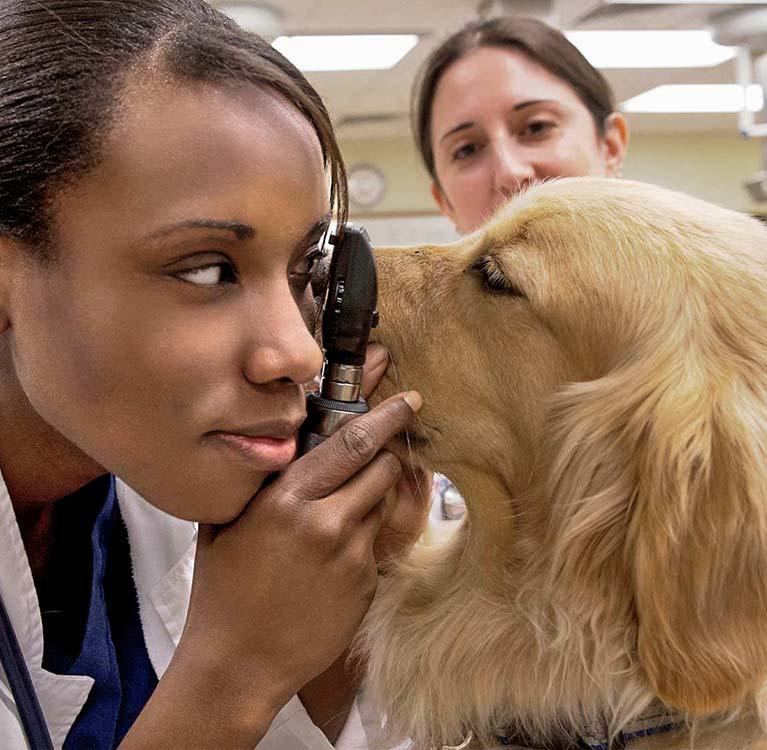Handy Facts For Selecting Kidney Failure In Dogs
Wiki Article
What Are The Most Common Medical Issues For Animals?
Medical problems in animals vary depending on their species, age and overall health. Common medical problems that affect animals are:
Heart Disease - Heart conditions like congestive cardiac failure can lead to decreased heart function, especially in older animals. Endocrine Disorders - Hormonal imbalances, such as Cushing's Disease and hypothyroidism could have negative effects on the condition of animals.
Diabetes mellitus Diabetes can affect pets. It needs insulin therapy and diet adjustments.
Renal (Kidney Disease) - Kidney disease can be prevalent among cats and older dogs. It can require medical treatment and dietary modifications.
Bladder and Urinary Tract Problems - Infections of the bladder, urinary tract stones, and urinary incontinence are a few of the conditions that can be affecting pets.
Allergies: Animals may be affected by food allergies, environmental allergies, and contact allergies. These may lead to digestive or skin problems.
Behavior Issues. Issues with behavior like aggression and anxiety can have a an adverse impact on your pet's overall health. A veterinarian or animal behaviourist may be called upon to help.
Wounds & Injuries - Injuries and wounds from fights, accidents or falls can lead to soft tissue injuries such as fractures. This requires medical care. Regularly scheduled veterinary exams as well as vaccinations for parasites as well as a balanced diet, will help prevent these conditions. A vet should be immediately contacted if the animal is showing symptoms of disease. Take a look at the Best dog herbalist for site tips.

What Are The Most Effective Supplements, Vitamins, And Probiotics For Canines?
Probiotics, vitamins, or any other supplements should be chosen based on the needs of each pet and the advice of your veterinarian. Certain breeds can take advantage of additional supplements however it is vital to feed a healthy and balanced diet for your pet. Here are some common supplements for your dog and the possible benefits they could bring:
Multivitamins: A quality dog food can provide your dog with the majority of essential vitamins and minerals. A multivitamin supplement is beneficial for dogs that have food restrictions. Be sure that it's designed specifically for dogs, since certain vitamins can be toxic when consumed in excess. Omega-3 Fatty Acids - Omega-3 Fatty Acid, such as that found in fish oil is beneficial for skin and coat, and can help reduce inflammation as well as enhance joint health. They are frequently suggested for dogs suffering from allergies to the skin, skin problems, or arthritis.
Probiotics. Probiotics can promote digestive health by sustaining an optimal gut microbiome. They are commonly utilized to treat gastrointestinal problems like diarrhea and boost the immune system.
Glucosamine and ChondroitinThese supplements are frequently used to improve joint health and reduce the symptoms of arthritis in dogs, particularly in older or large breed canines.
Consult with your veterinarian prior to giving your pet any nutritional supplements. They will offer advice specific to your dog's particular requirements. It is important to consult your veterinarian before giving any supplements to your pet. They can offer advice specifically tailored to your dog's needs and conditions. In addition the safety and quality of supplements may differ and it is important to pick products from trusted manufacturers.Always adhere to the recommended dosages, and monitor your dog's reaction to any adverse side effects. If you observe any unusual symptoms or reactions contact your veterinarian immediately. A well-balanced and veterinarian-recommended diet is typically the best way to meet your dog's nutritional needs, and supplements should only be used when necessary and under professional guidance. Take a look at the best pet herbal supplements for cats with mobility issues for blog advice.

What Is The Prevalence Of Yeast Infections, Skin Allergies And Kidney Failure Among Dogs? What Treatments?
Dogs can suffer from allergic skin conditions, kidney failure, or yeast infections. Their frequency is contingent on the breed, age and general health. This article provides an overview of the ailments, their incidence, and treatment options.
Skin Allergies -- Prevalence. Dogs suffer from skin allergies in large numbers. Food, environmental factors like pollen and dust mites or contact allergies can trigger allergies.
The symptoms include itching, redness of the skin, hot spots loss of hair, and the possibility of ear infections are some signs.
Treatment- To treat skin allergies, it's important to identify and minimize the exposure to allergens. Antihistamines are often prescribed, along with corticosteroids and hypoallergenic foods, or medications such as Cyclosporine. Immunotherapy (allergy injections) and allergy testing are options for long-term treatment.
Although these ailments are prevalent for canines, they do not affect all of them. In addition, the severity of these diseases can vary among breeds and individual dogs. Regular veterinary visits and a balanced diet and other preventive measures, such as preventive flea treatment and hygienic habits can decrease the chance of developing these diseases. If you think your pet is suffering from an issue with their health, such as yeast infections, skin allergies, or kidney problems, it's essential to consult with a veterinarian for the most accurate diagnosis and treatment strategy. Early intervention can improve your pet's quality of life and lead to better outcomes. The top of the best pet herbal supplements for agility dogs for blog examples.
